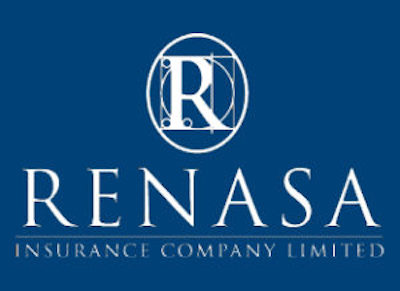
By Jaco Janse van Rensburg, Cross Country Insurance Consultants, Business Manager
The second most hated phrase in the year 2020 according to a UK study by Metro Lifestyle was the term “the new normal”.
We may dislike the phrase, but the Covid-19 pandemic has fundamentally changed our behavior patterns. This shift in behavior that determines risk has pushed the Insurance Industry into an adapt or die market space.
The biggest disrupter for the Motor Insurance Industry being the introduction of work from home, which has been embraced by many companies and will in my opinion remain the status quo because of its cost saving benefits. Motor Insurance clients are spending far less time on the road but still want adequate insurance cover for accidents, theft or high jackings with one noticeably big difference, the price they are willing to pay for driving less.
Limited mileage price benefits and premium rebates were introduced widely by insurers in the South African market to address the immediate price sensitivity of motor insurance clients during the Covid-19 pandemic. These benefits will remain, but they will not be the saving grace of the motor insurance industry or how insurers will retain clients.
Insurers cannot sit back and think that they have solved the problem and it will be business as usual. The Covid-19 pandemic has only sped up the introduction of the 4thindustrial revolution into the insurance consumer market. Insurers must now position themselves to fully embrace the revolution.
What is the industry standard when determining the price motor insurance clients pay will have to change, the collection of individual risk data will become ever more important? Clients will become to expect customization and specific pricing based on their very own risk profile.
Insurers will have to acquire vast amounts of data on their clients, determine the key touch points from the collected data, identify the changing trends and address them as soon as possible. Meeting the need of the client before the client is fully aware of it.
Motor insurance clients can get pricing and benefit comparisons at the click of a button. If you as an Insurer, position yourself in such a manner that the client must come to you to ask for a price reduction or to receive a benefit that is available freely from other insurers at a lower cost, (will result in a loss of business for Insurers and if left unaddressed will leave them dead in the water) you will begin to lose market share with the resulting constraints on running your business.
Motor Insurance clients are spending far less time on the road but still want adequate insurance cover for accidents, theft or high jackings with one noticeably big difference, the price they are willing to pay for driving less.
Client engagement and digitalization is an equally important aspect in positioning yourself ideally to enter the 4th Industrial revolution. Client interaction will have to be effortless, smooth, and not consume too much time. Insurers must find the correct balance between the collection of valuable data, meaningful interaction with the client while actively addressing their needs with effective non time-consuming digital interaction.
When it comes to claims clients need to be able to interact with their insurer immediately and know that their claim is going to be attended to timeously and by whom. Transparency, honesty, and fairness expected by the client will have to be met by the insurer and this can be achieved through digitalization.
Insuretechs in the South African market has recently enjoyed a lot of immediate success because they have exposed the conventional insurance markets unpreparedness for the 4th Industrial revolution. Where they have taken the requirements and met them head on.
The Covid-19 pandemic has been doomed as costing Insurers business which it surely has due to loss of income etc, in my opinion, it is not all bad. It has shown me that it is time to change our position, embracing what is for now, only the start of the revolution to ultimately end up successful in this forever changed industry.


